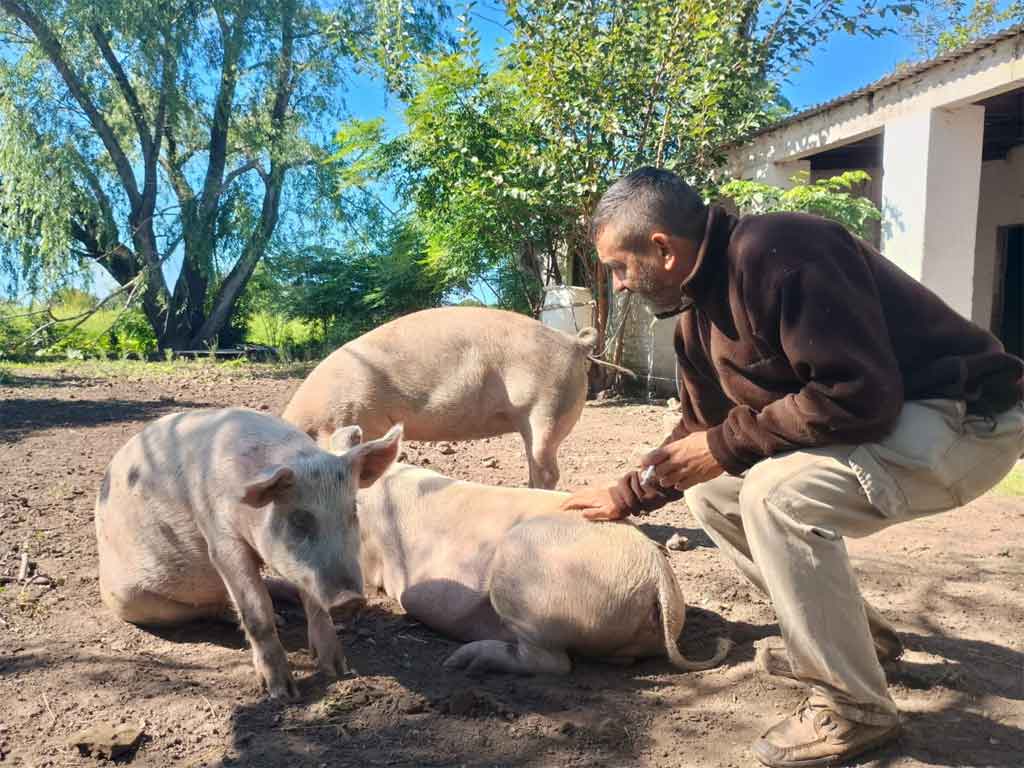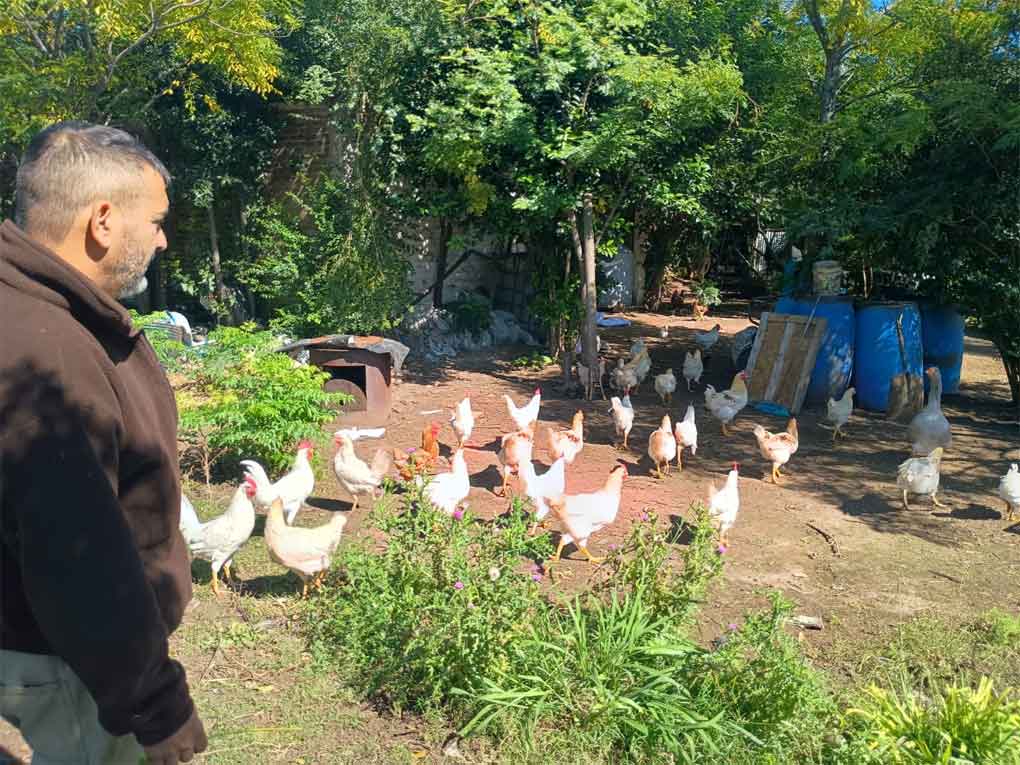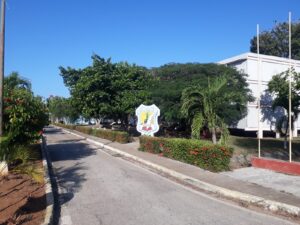In the Argentinean province of Buenos Aires, Cuban Víctor Pileta applies and shares the knowledge he acquired during his studies in the Caribbean nation, where he graduated from the Higher Institute of Agricultural Sciences.
The specialist in biological control was one of the participants in the First Cuban Business Forum for Agricultural Development, which allowed exchanges between those from other countries who are committed to contributing to the advancement of the sector on the island and are grateful for the training and knowledge acquired there.
The event took place recently, within the framework of the International Agro-industrial Food Fair in Havana, and was a continuation of the IV Conference The Nation and Emigration, and aimed to strengthen ties between Cuba and its citizens, as well as to promote investment and collaboration.

During the event, Pileta shared his experiences with agro-ecology in Argentina, where he was part of the creation of the technical protocol of the Union of Land Workers (UTT) and advised on the creation of the Colonia 20 de abril de Luján, a project that allows dozens of families to live and produce their food without chemicals or toxic products.
He was a technician for the National Ministry of Agriculture and is now a member of the Ministry’s network of facilitators that serves this sector in the province of Buenos Aires.
He was also the founder of La Dignidad Rural, an initiative that promotes the creation of genuine employment, food sovereignty and sustainable development.
He currently owns a biofactory, in which he works on the substitution of chemical inputs with organic ones.
In declarations to Prensa Latina, he explained that, to what he learned in Cuba about working with microorganisms, he added the use of mineral broths (compounds containing sulphur, copper and calcium) to control diseases and pests.
In the tanks, I try to imitate the conditions in a cow’s belly. Gases come out, but no oxygen goes in. Through the process of chelation, I take the inorganic minerals and bring them to life. The micro-organisms do that work, from the molasses, the dung and the whey from the cow’s milk, he said.
The biofactory in general is the technology of plant extracts, mineral broths and ferments. I combine this with the knowledge of micro-organisms that I gained in Cuba. That way, I don’t have to resort to external inputs and I avoid using chemicals, he added.
Pileta said that for his work and his advice to various organisations in Argentina, he is inspired by the experience of Cuban farmers and specialists, including the use of 1.20 metre beds in the island’s organopónicos.
He also stressed the importance of sharing what he has learnt: «The best way to disseminate my work, the inputs and to give people a hand is with the organisations. It is said that agroecology, if it is not in the hands of the collectives, is not agroecology».
We also believe in the transmission of knowledge from farmer to farmer, as in Cuba. Today the UTT, which was one of the organisations with which I worked the hardest, has grassroots groups in all the provinces of Argentina. Anyone can come and ask how it all works. What I do in my field, I was able to transmit and expand through these projects, he said.
Cuba is 20 years ahead in terms of knowledge and we have to apply it. I acquired wisdom there that I now apply in practice. Agriculture is based on ancestral wisdom and allows you to feed yourself. An agronomist is always necessary and it is important to work together, in community. The real liberation is when you produce your own food and use the energy that nature gives you, he concluded.




